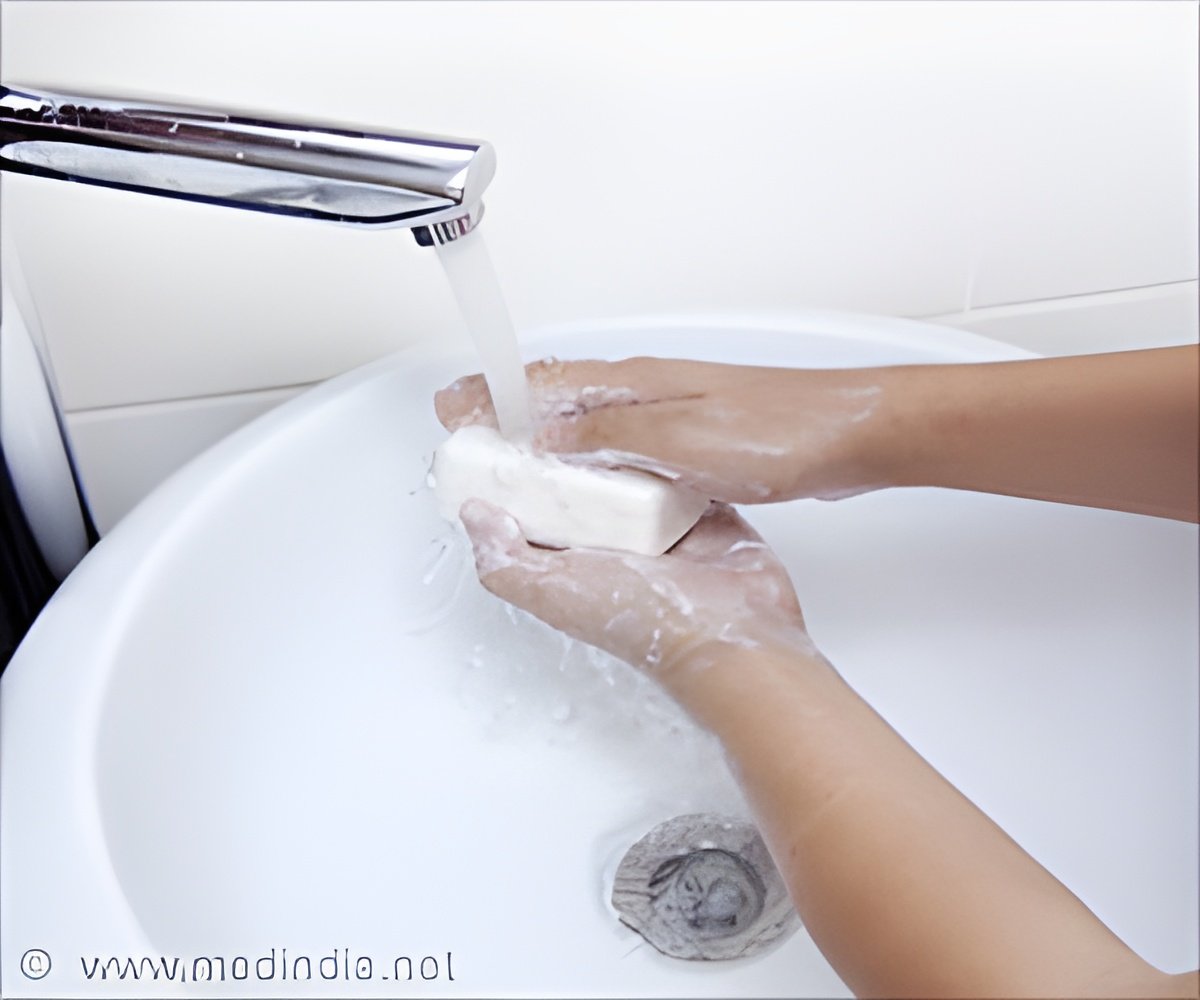
‘Despite the ban on triclosan from common products, researchers note that the chemicals will continue to persist in the environment because they do not readily degrade.’
Tweet it Now
The commentary is in the December 2016 issue of Antimicrobial Agents and Chemotherapy, published by the American Society for Microbiology.
While the authors applaud the decision to remove triclosan from common products such as antibacterial hand soap, they note that the chemicals will continue to persist in the environment after the ban because they do not readily degrade. Moreover, triclosan is still used in some self-care products, including dry shampoo and toothpaste.
As importantly, triclosan binds to soil and other organic materials used in agriculture, and its continued use delivers resistant microorganisms to the environment. McNamara warns that "biocides will remain in the environment, perpetuating antibiotic resistance. Triclosan naturally resists degradation during wastewater treatment, making it pervasive in rivers, lakes, sediment and soil after it is sent down the drain. Specifically, triclosan binds to biosolids, which are organic matter recycled from sewage that is regularly used in agriculture. Along the way, triclosan selects for antibiotic resistance in the microorganisms that digest these biosolids."
The Food and Drug Administration's ban does not preclude the use of triclosan in toothpaste and other products, which will add to the development of more antibiotic-resistant bacteria in the environment. Even though the ban is a hard fought victory for public health officials, the authors warn that companies may replace one biocidal chemical with another that has a risk as great as the original. Many of these substitutes, which have received less attention than the 19 banned chemicals, have been linked to cross-resistance to antibiotics.
"Triclosan has altered the bacteria in our environment and taken a lead role in selection and spread of these bacteria throughout the world, creating the environmental resistome - the ever-growing world of antibiotic resistance in our day-to-day environment. We can't undo this consequence of prior use. What we can do is work to encourage replacement of triclosan, but without contribution to further problems, namely, derivatives of the drug that can circumvent this ban," said Levy. "We can work to ensure that any replacements for triclosan do not contribute more environmental problems. Any chemical marketed as safe and effective should have to demonstrate these qualities before further worldwide damage is done."
Advertisement









